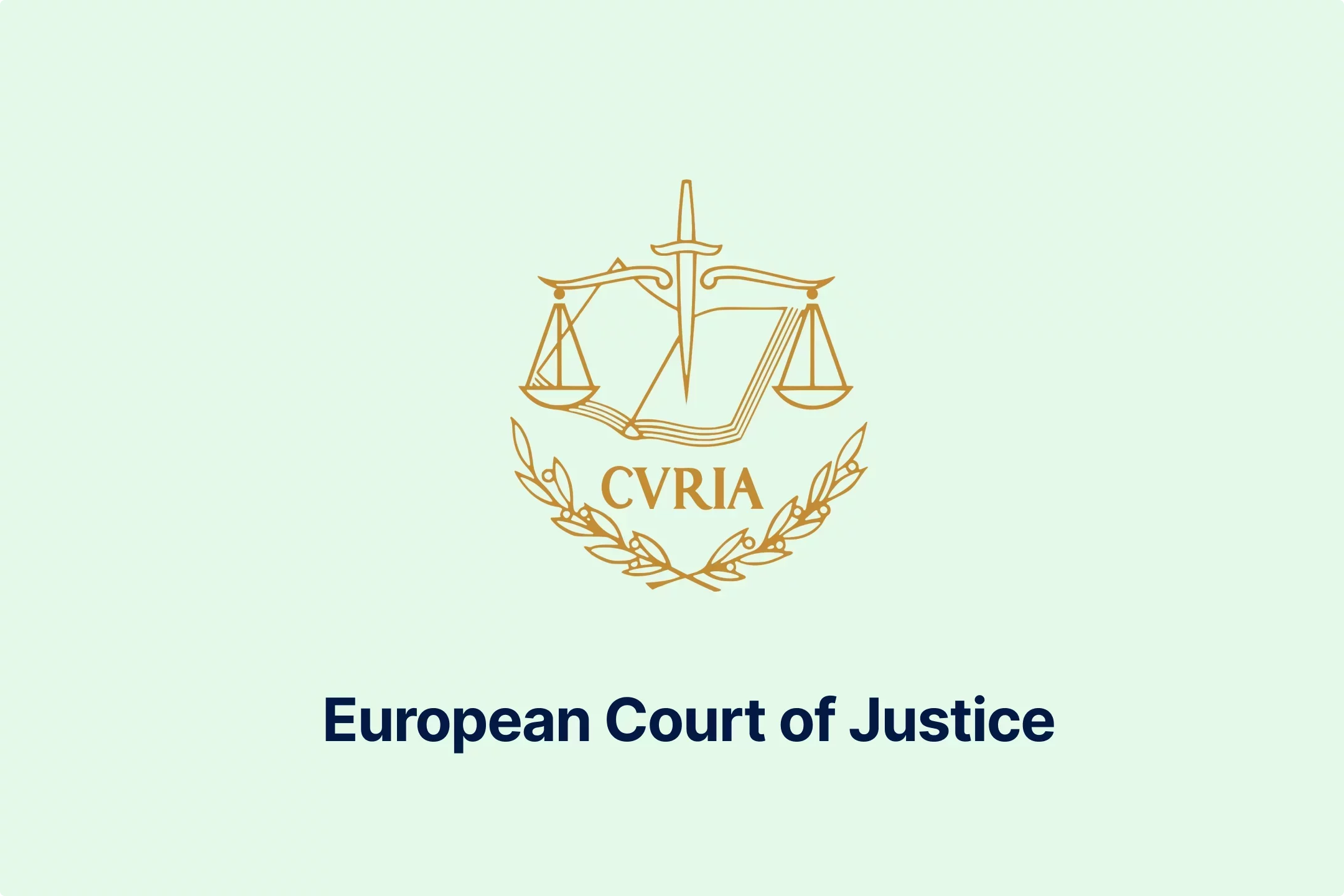Poland’s 2025 VAT Changes: Key Updates on Tax Legislation & E-Invoicing
-wjpr96aq5g.webp)
2025 will bring many novelties to the Polish VAT system. From new VAT declarations to completing some groundwork for implementing mandatory B2B e-invoicing in Poland, known as KSeF. Although the drafts and laws were proposed and adopted in 2024, the effect will come in 2025 and for some requirements in 2026.
VAT Legislation Changes
Amendments to the VAT Law that will take effect on January 1, 2025, follow changes to the EU Directive 2022/542, which refer to the taxability rules for the place of service provision, particularly for cultural, artistic, sports, educational, and entertainment services.
Additionally, the Polish government amended the VAT Law under EU Directive 2020/285 concerning the special tax regime for small businesses. From January 1, 2025, small businesses based in another EU country will be able to claim VAT exemption if their annual turnover across the EU is less than EUR 100,000. Domestic businesses with a turnover of less than PLN 200,000 can benefit from VAT exemption on local supplies.
From April 2025, new VAT declarations from VAT-8, used by active VAT-registered taxable persons and legal entities not considered taxable persons under specific VAT legislation, will be required. In addition, VAT declaration form VAT-9M, used by taxable persons not obligated to submit other VAT declarations engaged in imports and acquisition of goods and services, will also be introduced.
In addition to these changes in VAT declaration forms, applying the 8% reduced VAT rate to specific goods for agricultural production has already been extended to March 31, 2025. However, starting on April 1, 2025, this temporary measure should become permanent, and the 8% VAT rate will continue to apply to goods such as soil conditioners, growth promoters, and microbial fertilizer products.
Finally, the mandatory B2B e-invocing requirements under the KSeF will be enacted in 2026. However, during 2025, all the issues that resulted in the postponement of implementation for the KSeF should be resolved so that the system can be operational in 2026.
Conclusion
Poland is making significant changes and upgrades to its VAT legislation and reporting requirements, thus aligning with the EU VAT rules. While implementing certain obligations depends on the government and its ability to resolve issues, businesses must prepare for upcoming changes. Moreover, businesses subject to the mandatory e-invoicing rules should monitor the development and prepare for the KSeF introduction.

Featured Insights

Burkina Faso FEC E-Invoicing Mandatory July 2026
🕝 February 24, 2026More News from Poland
Get real-time updates and developments from around the world, keeping you informed and prepared.
-e9lcpxl5nq.webp)





-3rcczziozt.webp)

-c0uvrmrq9j.webp)


-5cc23ezxyf.webp)
-z1d60bldtg.webp)
-8noukwsmba.webp)

-wzw9mcf563.webp)

.png)

